Common Mistakes in Drought Experiment Set Up
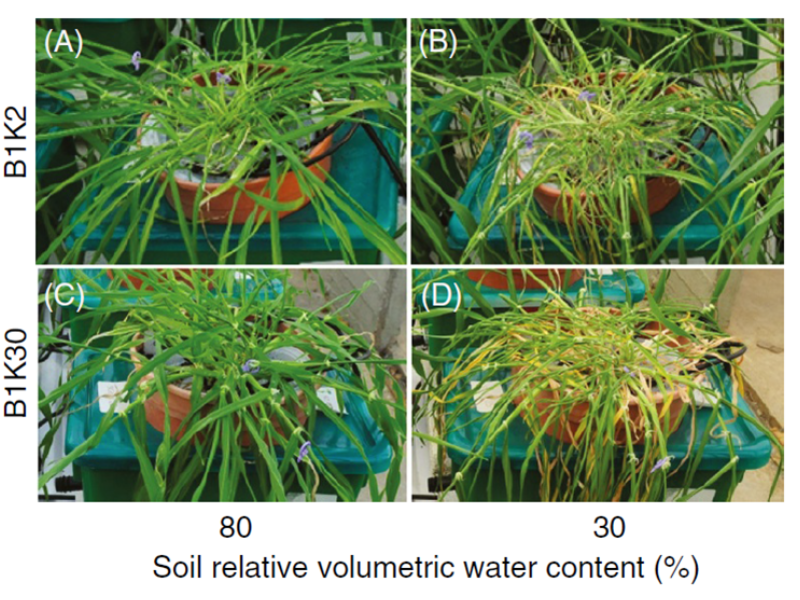
Examining crop response to drought is one of the most popular experiments in plant stress physiology. This is most likely due to its importance and relevance as it pertains to global warming and concerns about food security. Surprisingly, despite the fact that drought experiments are so popular, our understanding of how to improve crop productivity under stress is still very […]
Plant Response To Water Stress

Plant response to water stress is an important area of study in the field of plant physiology and agriculture. Water stress occurs when the demand for water by plants exceeds the available water in the soil. This can happen due to various factors such as drought, salinity, or poor irrigation practices. When plants experience water stress, they […]
High Throughput Plant Phenotyping
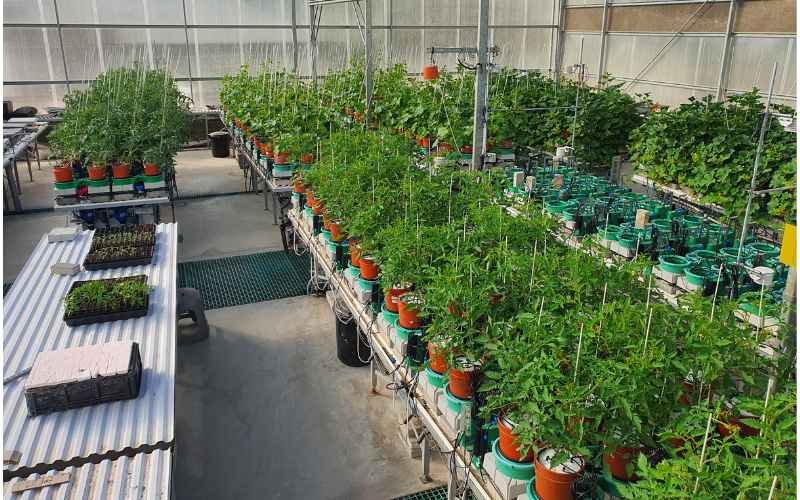
In the realm of agricultural research, the demand for more efficient and accurate methods to study plant traits and responses has led to the emergence of high throughput plant phenotyping. This cutting-edge approach combines advanced technologies, data analytics, and plant biology to accelerate our understanding of plant growth, development, and responses to environmental factors. High […]
Salt Tolerant Crop
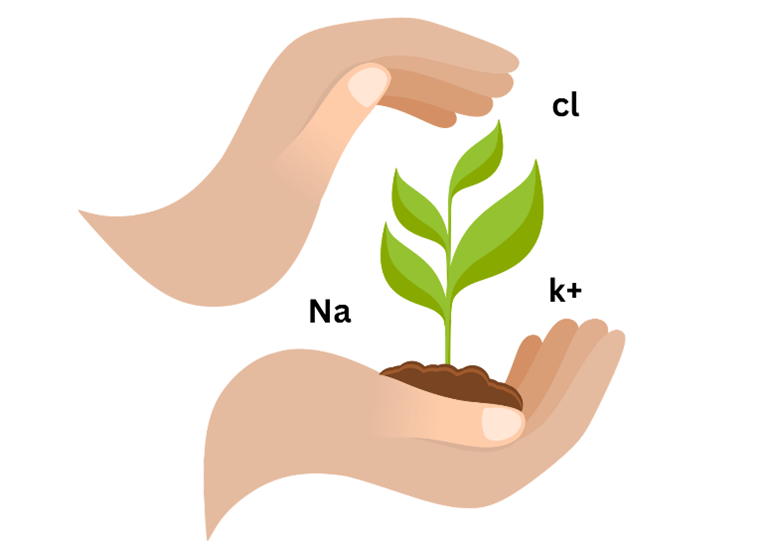
What is salt? Salt is a chemical compound composed of two elements: sodium (Na) and chloride (Cl). It is a crystalline solid that is commonly used as a seasoning and preservative in food, as well as in various industrial applications. The most common salt used for culinary purposes is table salt, which is chemically known […]
Water Efficient Crops

Water efficient crops The plant’s water cycle, also known as the “transpiration-cohesion-tension” or “capillary action” process, is a crucial mechanism that allows plants to transport water from the soil to various parts of the plant, including the leaves. This process involves several interconnected steps: Root absorption: Root Structure: Plant roots have a well-developed system of […]
Several common types of abiotic stress
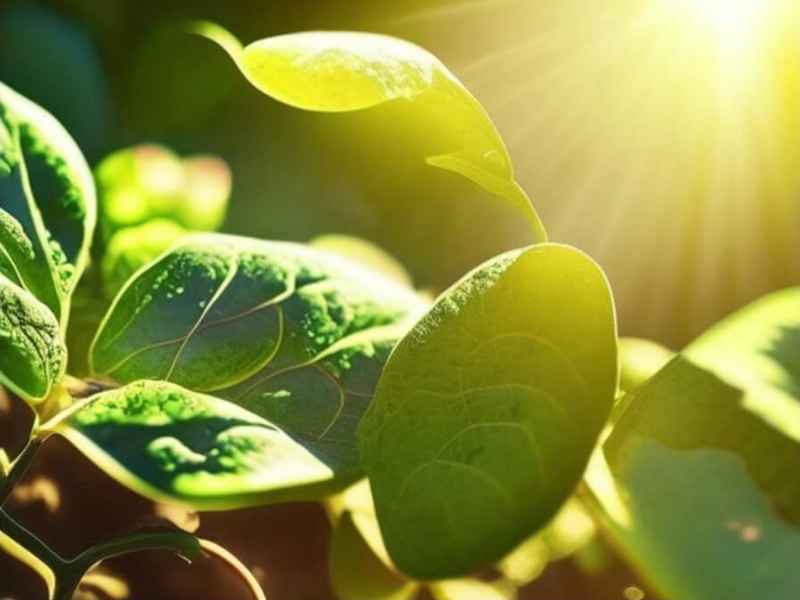
Abiotic stress in plants refers to the adverse effects caused by non-living environmental factors on their growth, development, and overall well-being. Unlike biotic stresses that arise from living organisms like pests and diseases, abiotic stresses result from various physical and chemical factors present in the plant’s surroundings. These stresses can severely impact plant health, productivity, […]
Plant Transpiration
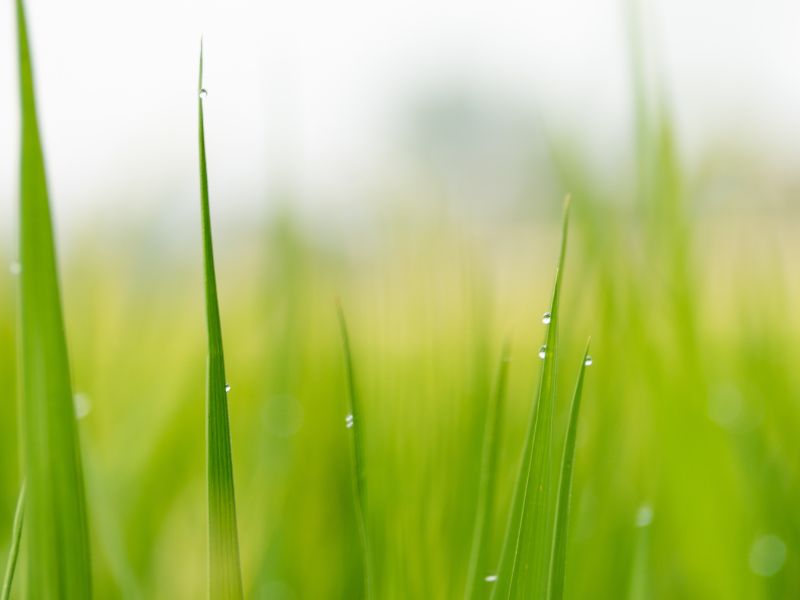
Plant transpiration is a crucial biological process through which water is absorbed by plants from the soil, transported through the plant, and released into the atmosphere as water vapor through small pores called stomata. this natural phenomenon plays a pivotal role in plant survival, nutrient uptake, and overall environmental balance. in this comprehensive blog, we […]
Gravimetric System

In the field of agriculture and plant science, precise monitoring and measurement are crucial for optimizing crop growth, ensuring resource efficiency, and ultimately enhancing yield quality and quantity. Traditional methods of plant monitoring often rely on subjective assessments or labor-intensive techniques, which can be time-consuming and prone to errors. However, with advancements in technology, the […]
Plant Response to Climate Change
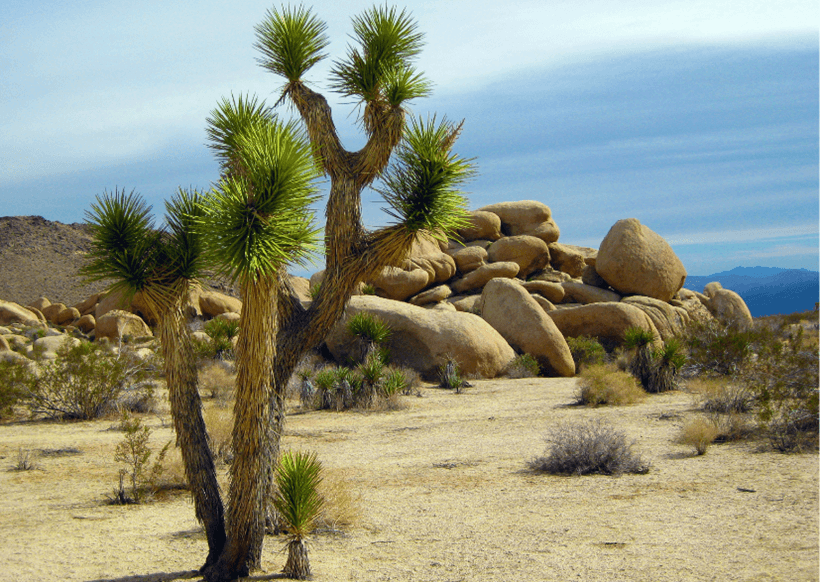
Climate change is one of the most critical issues facing humanity in the 21st century. It is a complex phenomenon that has the potential to profoundly impact our planet and all life forms inhabiting it. This 1000-word essay aims to provide an overview of climate change, its causes, consequences, and the urgent action required to address […]
Why plant physiological analysis is the most accurate way to indicate plants behavior?
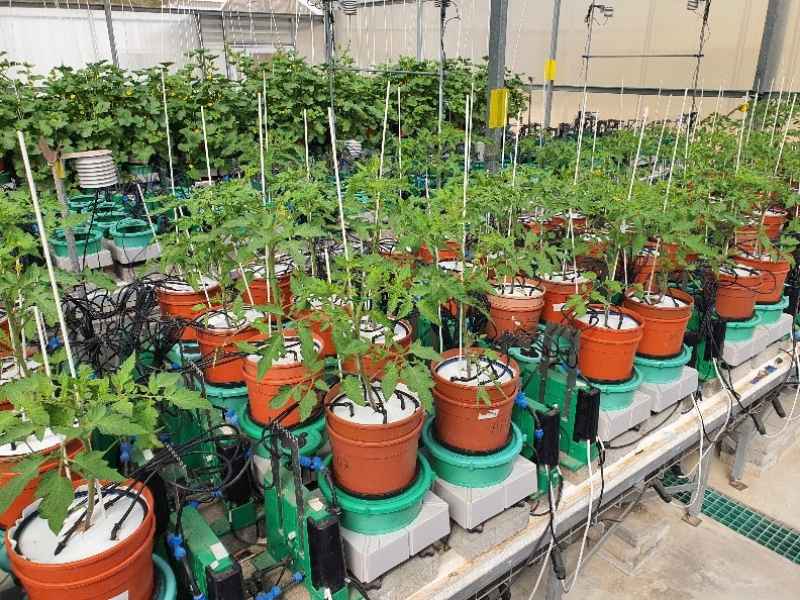
Plant analysis is a valuable tool used in various fields of study, including agriculture, botany, and environmental science. It involves the detailed examination of plant characteristics, functions, and interactions within their ecosystems. By analyzing plants, researchers and scientists can gain valuable insights into their growth patterns, nutritional needs, disease resistance, and overall health. This information is […]
